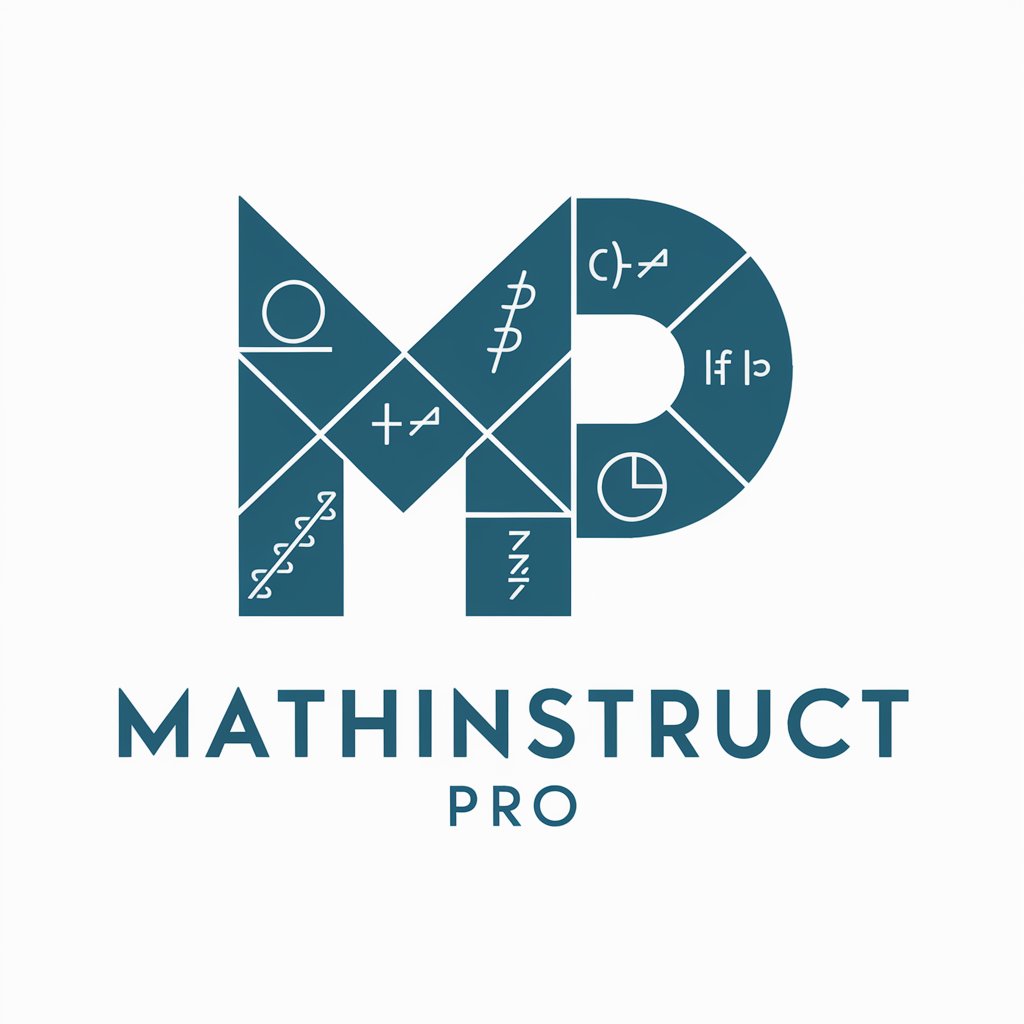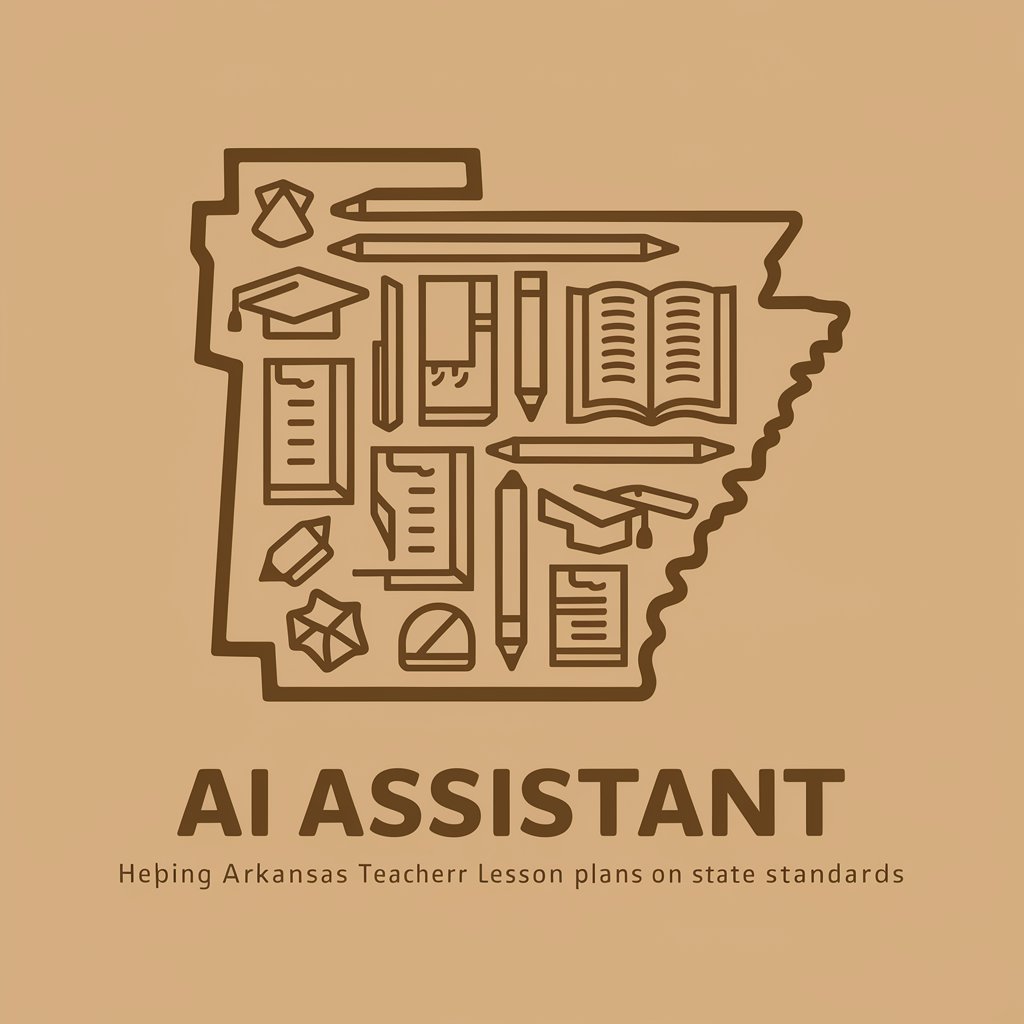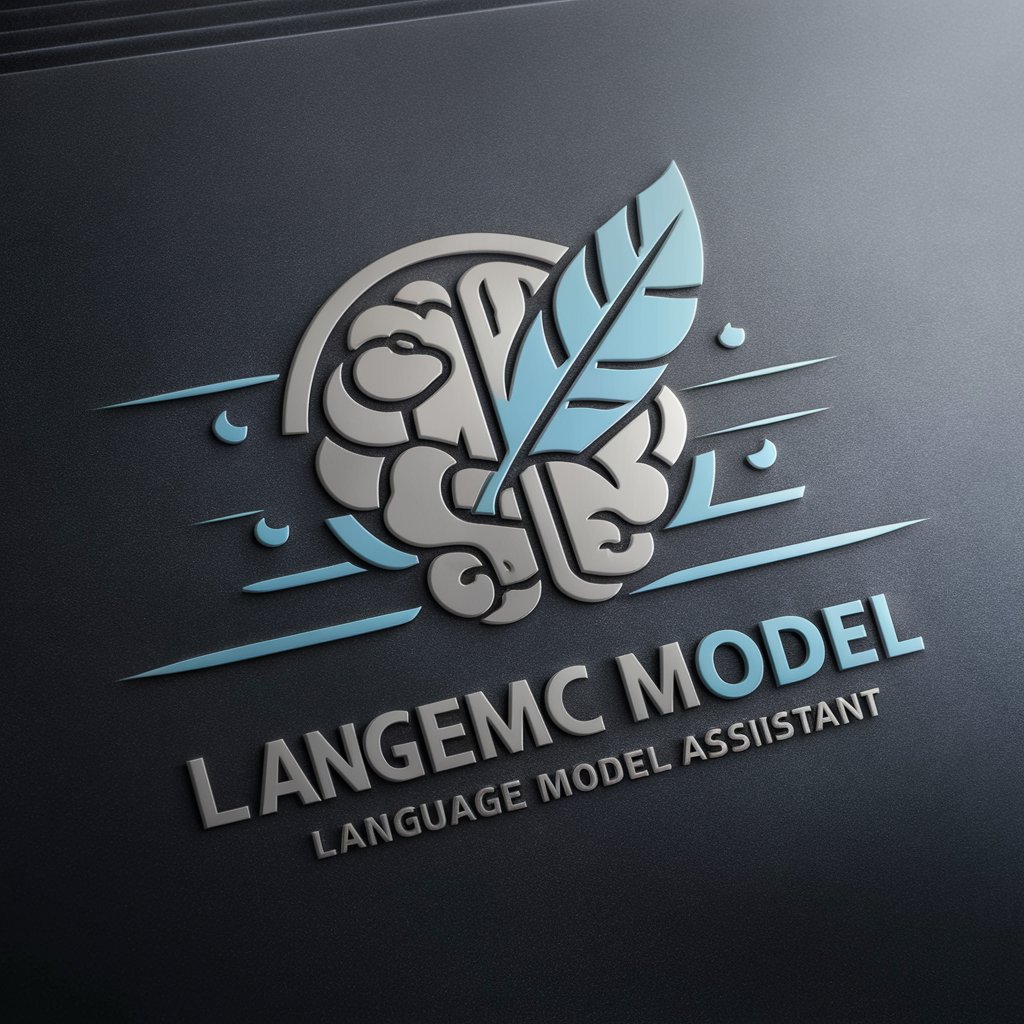Scholarly Analyzer - Academic Writing Enhancer

Welcome to Scholarly Analyzer, your academic writing assistant.
Empower Your Research with AI
Analyze the structure of this research paper and suggest improvements:
Generate an abstract for a study on the impact of climate change on marine biodiversity:
Provide a discussion section for a paper about the effectiveness of remote learning during the pandemic:
Draft a conclusion for a thesis on the advancements in renewable energy technologies:
Get Embed Code
Introduction to Scholarly Analyzer
Scholarly Analyzer is a specialized AI tool designed to assist in the academic writing process by optimizing the structure and language quality of various sections of a research paper. It is built on a comprehensive model that includes a generic abstract model, generic conclusions model, and generic discussion model. This model is meticulously crafted to ensure that each section of a research paper is well-constructed and effectively contributes to the research narrative. For example, when a user inputs a draft of their research paper's abstract, Scholarly Analyzer evaluates it against the generic abstract model, suggesting improvements to emphasize the topic's importance, provide background, define challenges, and clearly explain the paper's actions, achievements, methods, and results. This ensures that the abstract is not only informative but also engaging and coherent. Powered by ChatGPT-4o。

Main Functions of Scholarly Analyzer
Abstract Optimization
Example
A user submits an abstract draft that lacks a clear explanation of the research gap and the paper's achievements. Scholarly Analyzer suggests revisions to include these elements, enhancing the abstract's effectiveness.
Scenario
In the scenario of drafting a research paper on climate change impacts, Scholarly Analyzer could recommend the author to highlight key findings and how they address specific gaps in climate science, making the abstract more appealing to the research community.
Conclusion Structuring
Example
A draft conclusion is too vague and doesn't summarize the research findings effectively. Scholarly Analyzer proposes a structure that succinctly summarizes the paper, lists key results, discusses implications, and suggests future research directions.
Scenario
For a study on renewable energy technologies, Scholarly Analyzer would guide the author to clearly state the study's contributions to the existing body of knowledge and outline potential applications and limitations, thereby grounding the research in practical and academic contexts.
Discussion Enhancement
Example
A discussion section that fails to compare the study's results with existing literature. Scholarly Analyzer identifies this gap and offers suggestions on how to incorporate relevant comparisons, enhancing the discussion's depth.
Scenario
In research on artificial intelligence in healthcare, Scholarly Analyzer could assist the researcher in highlighting how their findings relate to, diverge from, or advance previous studies, thereby positioning their work within the broader academic dialogue.
Ideal Users of Scholarly Analyzer Services
Academic Researchers
Individuals conducting studies in various academic fields who seek to improve the clarity, coherence, and impact of their research papers. They benefit from Scholarly Analyzer by ensuring their work is well-structured and effectively communicates their findings and their significance within the academic community.
Graduate Students
Master's and PhD students working on their theses or dissertations will find Scholarly Analyzer invaluable for structuring their arguments and discussions effectively, ensuring their research meets the high standards of academic writing and contributes meaningfully to their field of study.
Journal Editors and Peer Reviewers
Editors and reviewers tasked with evaluating the quality and impact of submitted research papers. Scholarly Analyzer can serve as a tool to identify areas of improvement in manuscripts, making the peer review process more efficient and helping to enhance the overall quality of academic publications.

How to Use Scholarly Analyzer
Start Your Journey
Access a free trial at yeschat.ai, no sign-up or ChatGPT Plus required.
Choose Your Task
Select the academic writing task you're focusing on, whether it's structuring an abstract, conclusion, or discussion section.
Input Your Draft
Paste your current draft or notes into the Scholarly Analyzer tool to get started.
Analyze and Enhance
Use the provided models to analyze your text, identify areas for improvement, and refine your structure and language.
Review and Apply
Review the suggestions, apply the changes to your manuscript, and utilize the tips for optimizing your academic writing process.
Try other advanced and practical GPTs
MathInstruct Pro: Differentiate Math Lesson Plans
Tailored Math Lessons with AI

Teaching Plan AI - Arkansas
Empowering Arkansas Educators with AI

Cyber Strategy Advisor
AI-powered cybersecurity strategy guidance

Dropshipping Ally
Optimize your dropshipping with AI insights.

Finanzen Buddy
Empowering Your Financial Decisions with AI

No Buddy
Bringing Loriot's Humor to AI

Christopher
Engage with AI, Swabian style.

FEM Assistant
AI-Powered Finite Element Analysis

Auto Mesh
Merging Car Styles with AI Innovation

Large Language Model Paper Assistant
Elevating Research with AI Insights

Model Muse
Find your model with AI precision

Digital Euro
Empowering Transactions with AI-driven Digital Currency

FAQs About Scholarly Analyzer
What makes Scholarly Analyzer unique for academic writing?
Scholarly Analyzer is designed with a singular, comprehensive model that focuses on structuring key sections of an academic paper—abstract, conclusions, and discussions—optimizing structure and language quality in academic writing.
Can Scholarly Analyzer help with fields outside of sciences?
Absolutely, while it's tailored for academic writing, its principles are applicable across a variety of fields, including humanities, social sciences, and more, due to its focus on structure and clarity.
How does the tool improve my writing process?
It provides a structured analysis of your draft, offering suggestions on how to improve the flow, coherence, and academic rigor of your paper, which can significantly enhance your writing process and output quality.
Is Scholarly Analyzer suitable for both students and professionals?
Yes, it's designed for a wide range of users, from students working on their theses to professionals writing research papers, providing valuable insights and improvements at any career stage.
How often should I use Scholarly Analyzer during my writing process?
It's best used at multiple stages—initial drafting, after major revisions, and before final submission—to ensure each section of your paper is well-constructed and contributes effectively to your research narrative.
